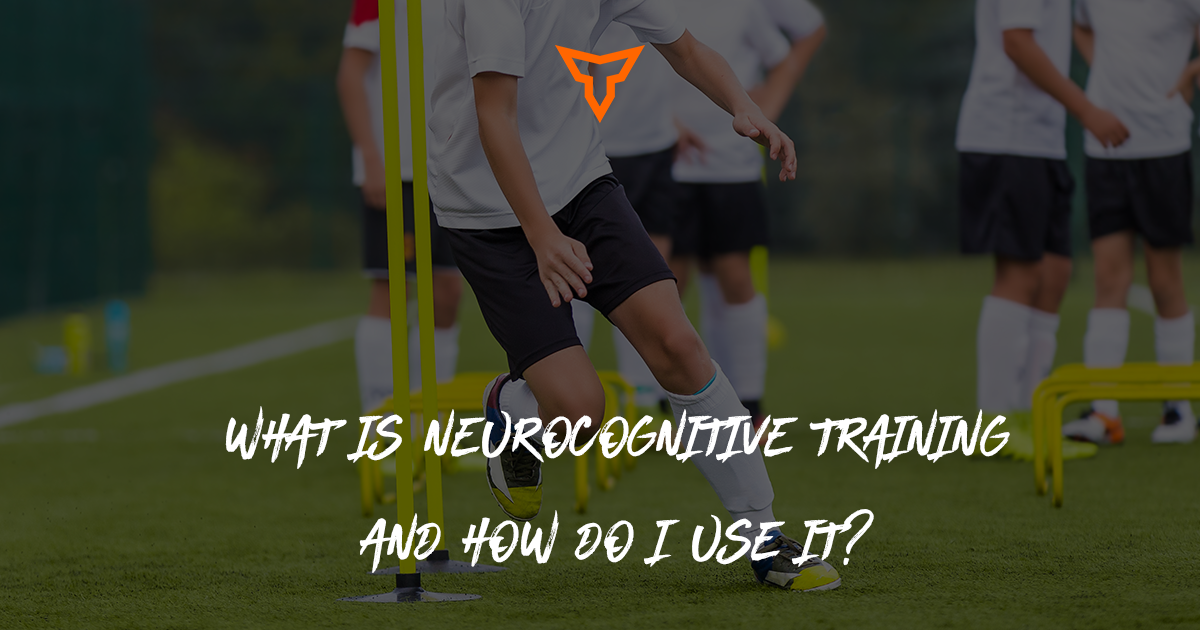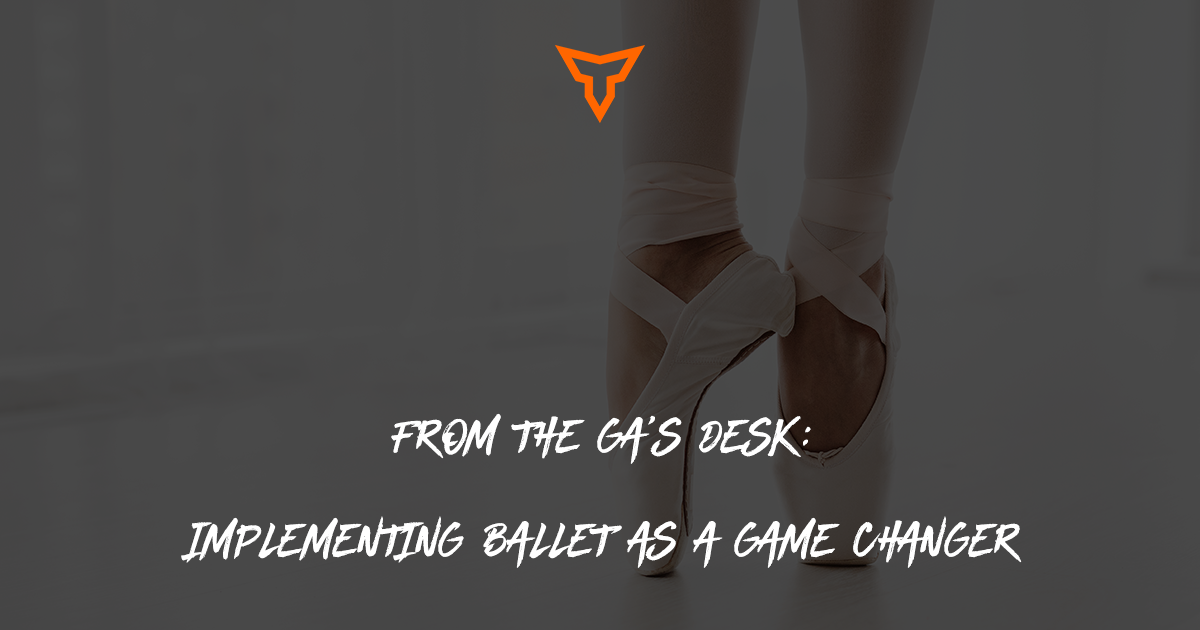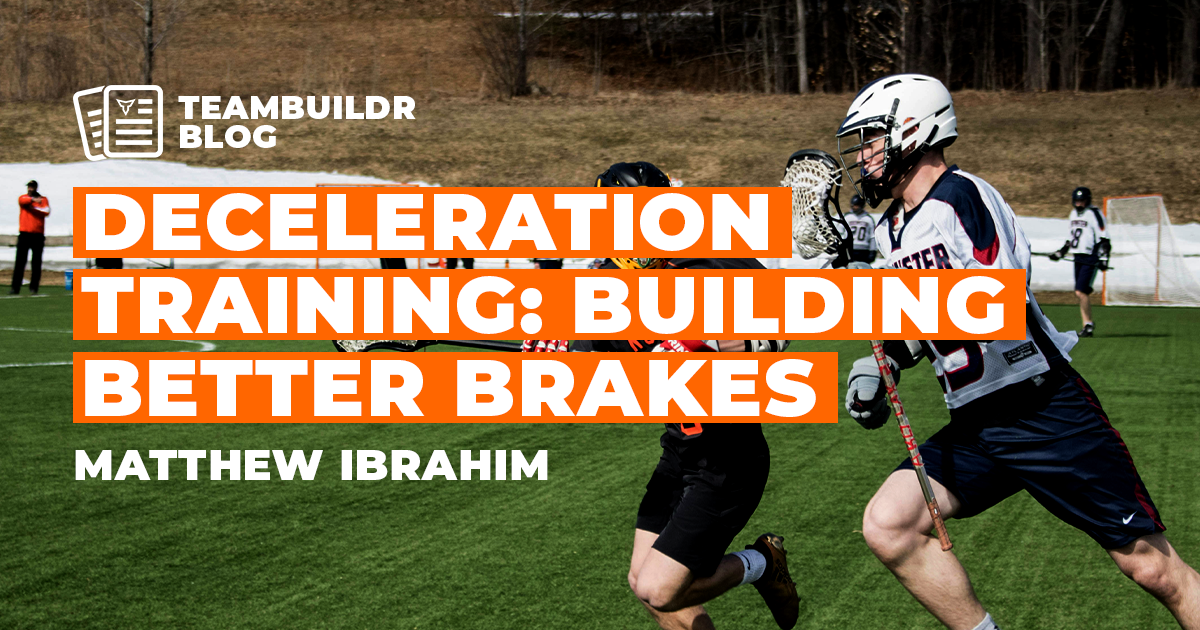Stop Skipping Your Warm-Up: Key Benefits Explained
We can't deny the truth while you may be rolling your eyes on the topic. Warm-ups are important (duh). Many of us know the benefits of a proper prep routine for our training plans or sport practice, but yet, many find themselves half-assing their warm-ups or negating them altogether.
I get it. Warm-ups can seem daunting and just something we “have to do”. I’m guilty of it myself. All too often I’ve simply thrown on a hoody, cracked my knuckles, and just got under the bar. Sure, the training session can be fine and have no issues. But why settle for “fine”? If we are to preach “optimizing” our sessions or “maximizing” our practices, shouldn’t the first thing we do matter? If we coach our athletes or clients to “set the tone”, shouldn’t the warm-up be heavily weighted with effort? The answer should be an overwhelming YES!
Listen, I KNOW you know that warm-ups are good for you. I am almost certain you could probably list off reasons why they’re important. What changed my approach to warm-ups (and my athletes' perspective) is having a deeper connection to why the “whys” matter. Educating ourselves and our athletes is important, and making the connection to their process can be very powerful. Here is why a good warm-up matters:
Increased Body Temperature
Seems obvious but the fundamental purpose of a warm-up is to do just that: warm your body up in preparation for more strenuous work. By increasing our core body temperature through a variety of movement patterns, we do the following:
- Increase circulation to increase nutrient uptake to the tissue
- Increase the temperature of motor neurons to improve the current transfer of electrical signals
- Increase blood flow to lubricate respective joint tissue
We’ll dive into potentiation in a second, but just know that by simply increasing our core temperature before exercise, we (by default) improve nutrient uptake in our tissue, create a better current transfer for signaling to the tissue, and lubricate the joints associated with movement.
Potentiation
Building on current transfer, incorporating gradually higher intensity exercises in the warm-up has been shown to improve potentiation before the bulk of the main work in a session. Think of it like supercharging your tendons; you recruit more motor units throughout the preparation period to “fire on all cylinders” when the demand is needed.
While this may be redundant information for many, some simple examples could include transitioning from extensive to intensive plyometrics (eg: Hops to Jumps) or less intensive to more intensive sprint-based drills (eg: 10-yard build-ups to flying 10’s). You can choose to keep the warm-up choices as specific or general as you deem fit. The point is that you want to be able to transition to the main work of your session as seamlessly as possible; maximizing your warm-up for potentiation effects can be a great tool for this.
Systems Check
A great lens to view your warm-up is a systems check. Use exercises to gauge how prepared you are to perform the session. This will take some specific coaching to ensure the exercises prescribed have clear goals of what to strive for and where/how to feel them.
Have your athletes or clients feel the movement through each rep. For example, if doing single-leg airplanes, are they able to feel stabilized while getting hip external rotation? To what degree are they able to stabilize and control that range of motion? This can take practice, but once they become comfortable with what a good baseline feels like, they can better gauge (based on skill execution) how they may perform during certain tasks of the main work.
Now, this isn’t a black-and-white type of monitoring. Think of it like flying a plane. You run a systems check on the runway before takeoff. You check your systems to gauge how prepared you are to fly. While not ideal, you can still fly a plane on one engine, you just may want to adjust for the flight. It’s not always an indicator of how you’ll perform, but it can shed some light on how skills may be expressed for the day.
Some Warm Up Strategies
Whether you have an individual client, small group, or larger team, there are endless ways to structure some simple, time-efficient warm-ups that cover a lot of bases. Whether it be on-the-spot work, lane dynamics or simply building in your prep work into your main series, there are solutions for your environment. Below we’ll outline examples.
For those with less space, the following structure can be done on the spot with only 4’ x 4’ of space necessary for each athlete. It’s space-efficient, time-efficient, and can be done on cue or certain commands as you deem fit. Feel free to modify any exercises in this skeleton to best accommodate your group.
For those with more space, a simple lane-style format could be effective for larger groups. Have them go through more general-type exercises before progressing to extensive and intensive plyometric or sprint-type drills. A simple format is below:
If you have a gym goer eager to get after it, I recommend building the warm-up into their actual exercise series. It can feel like part of the main session but it’ll cover all the bases mentioned above. We’ll use the bench press for our example below:
While warm-ups can be daunting, we can appreciate the purpose they serve. By putting true emphasis on maximizing our prep work routine, we (by default) seamlessly transition our efforts to be optimal for the work to come. Think it over, I feel you’ll “warm up” to the idea.
Subscribe to our blog
Subscribe to receive the latest blog posts to your inbox every week.
Related posts

What is Neurocognitive Training and How Do I Use it?

From the GA's Desk: Implementing Ballet as a Game Changer


